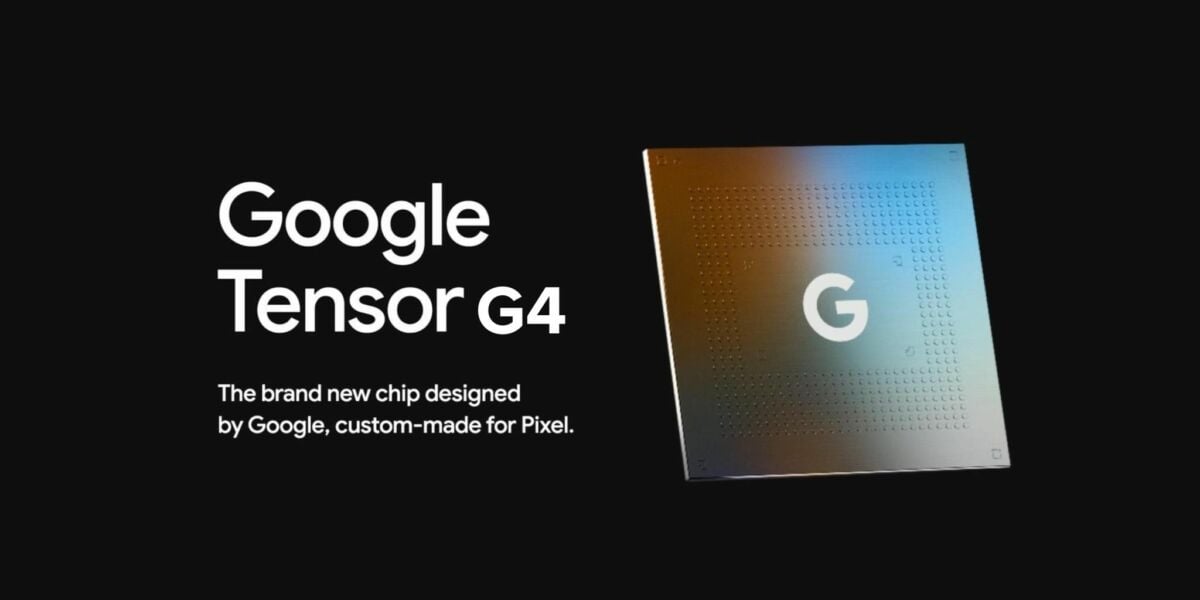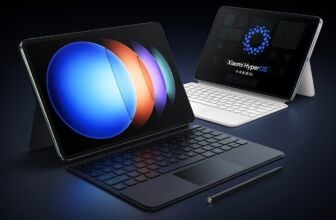
In the rapidly evolving technology ecosystem, Google has always been a pioneer. One of the company's most ambitious projects is the Tensor chip, a key component of the Pixel series devices. Android Authority offers a detailed overview of the future of G4 tensioner, the chip that should power the next one Google Pixel 9. So let's see the technical specifications, industrial collaborations and implications for consumers.
Topics of this article:
The history of Tensor chips
When Google launched its first Tensor chipset with the Pixel 6, the intent was clear: become independent from Qualcomm and other chipset suppliers to create unique experiences. These chips, developed in collaboration with Samsung, have already proven to have impressive features, especially in the field of artificial intelligence and image processing.
But what makes Tensor so special? In addition to its advanced AI capabilities, the chip has been designed to optimize battery use and improve processing speed, making Pixel devices more efficient and powerful.

Read also: Here are the specifications of Google Tensor G3, the Pixel 8 processor
Collaboration with Samsung: a double-edged sword
From the beginning, Tensor chips were developed in collaboration with Samsung. This partnership has allowed Google to quickly enter the chipset market, but it has also limited its freedom in terms of design and functionality.
For example, some of the chip's most advanced features were only possible thanks to Samsung's technology. However, Google is now trying to become more independent, designing future Tensor chips more autonomously, which could lead to even more significant innovations in the future.
Google Tensor G4: between expectations and reality
Google had initially planned to launch the Tensor G4 as a "fully custom" chip, built on a TSMC process node. However, due to delays in the development cycle, the chip it will not be included in the 9 Pixel 2024 series as initially planned.
Instead, Google has opted for an SoC called “Zuma Pro", co-designed with Samsung's System LSI division. This chip will likely be a more modest upgrade than initially planned, but it still represents a significant step forward in Google's long-term strategy.
Despite the setbacks, Google has not lost sight of its long-term goal: complete independence in chipset design. The company is already working on a future fully customized Tensor chip, called “Lagoon Beach" which is expected to power the Pixel devices of 2025. This move towards independence will allow Google to have greater control over the design, features and, ultimately, the user experience of its future devices.








